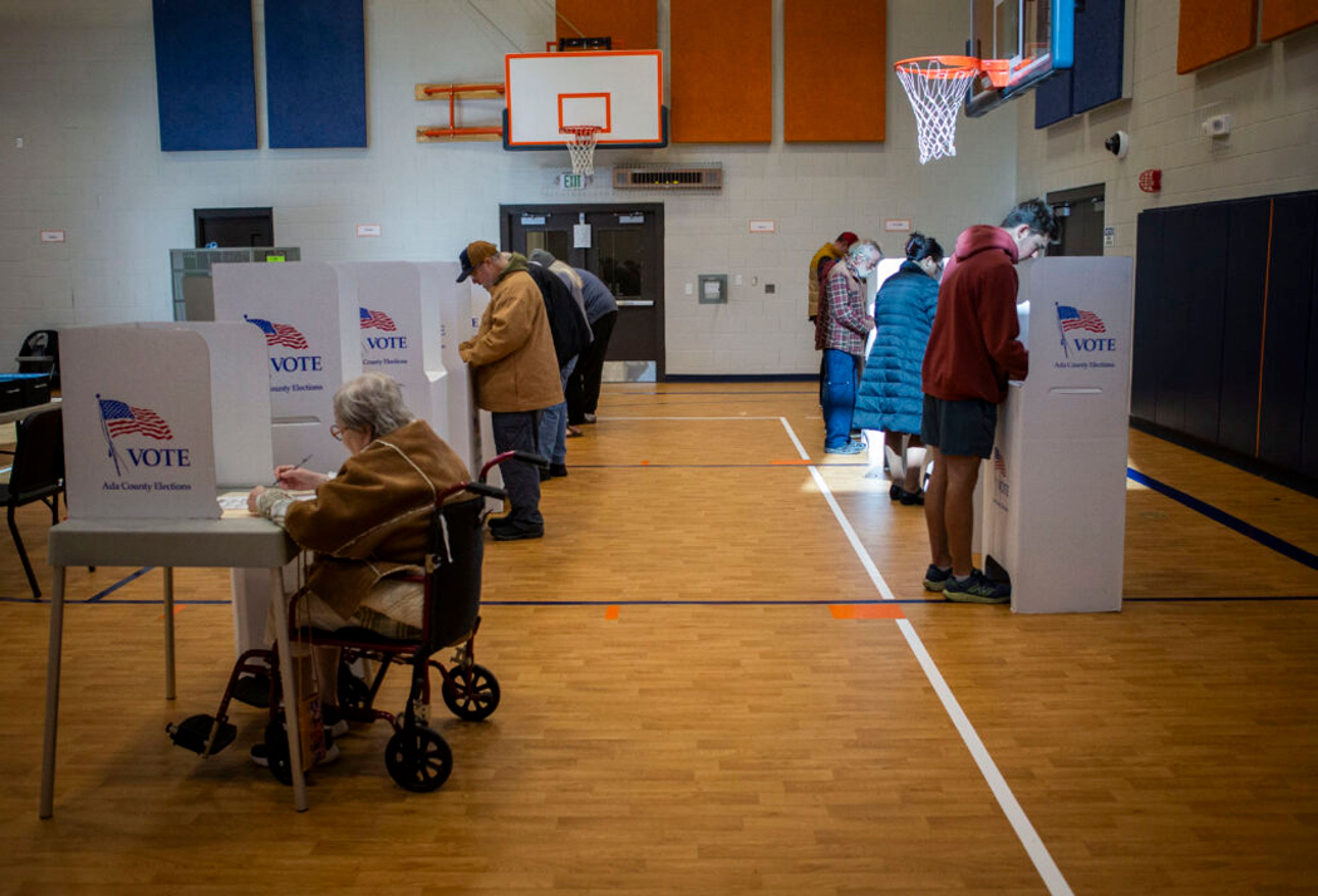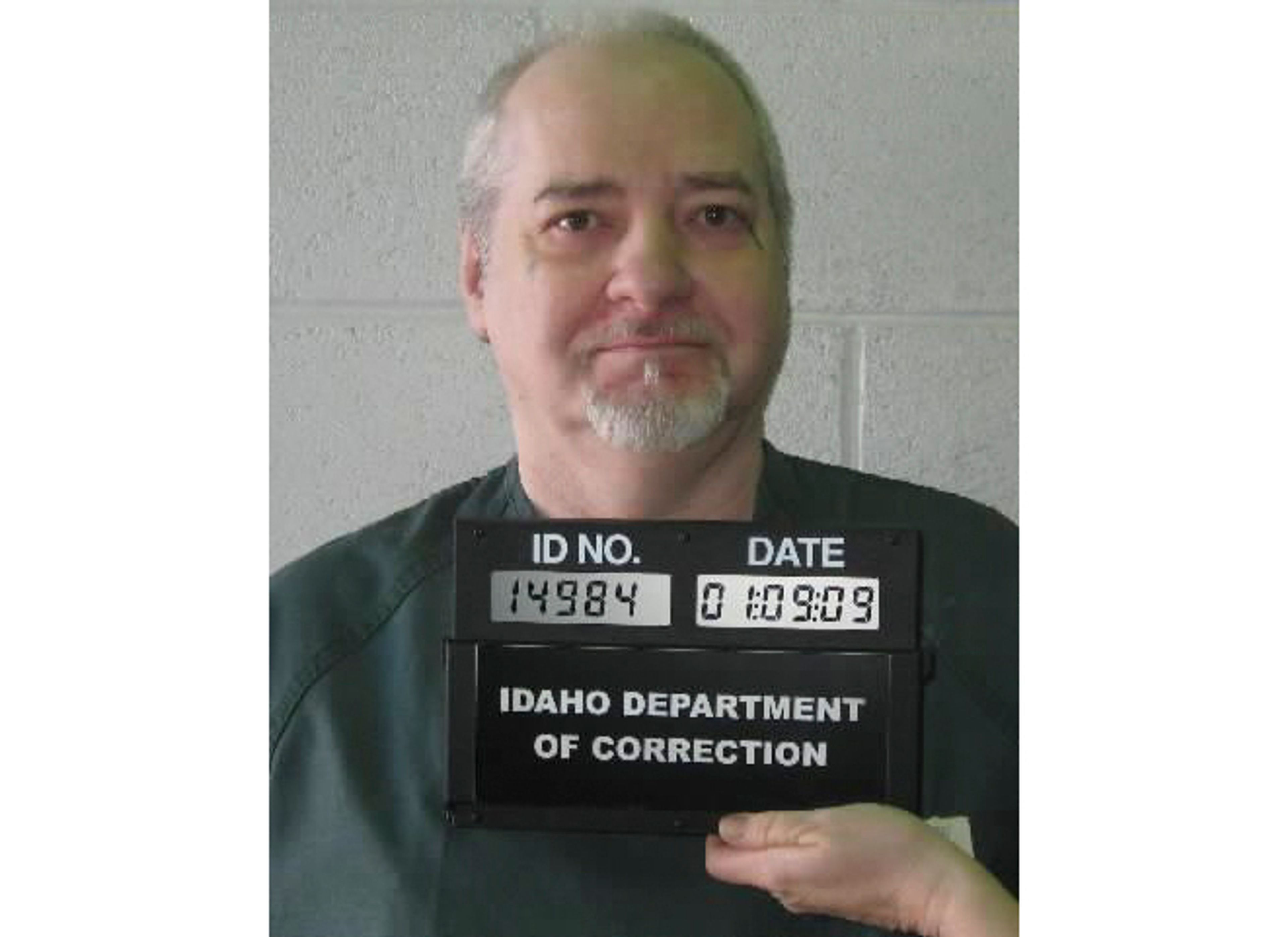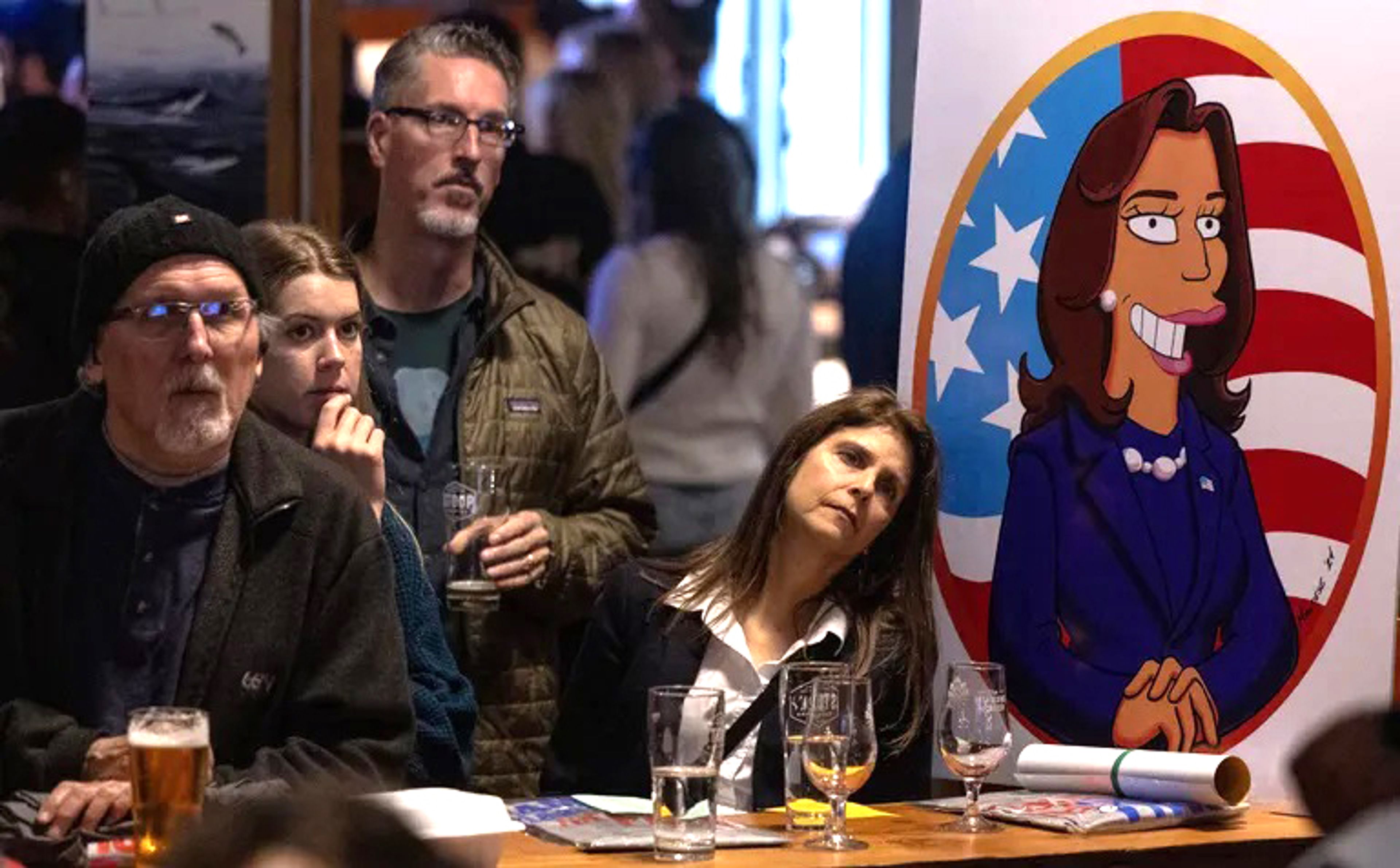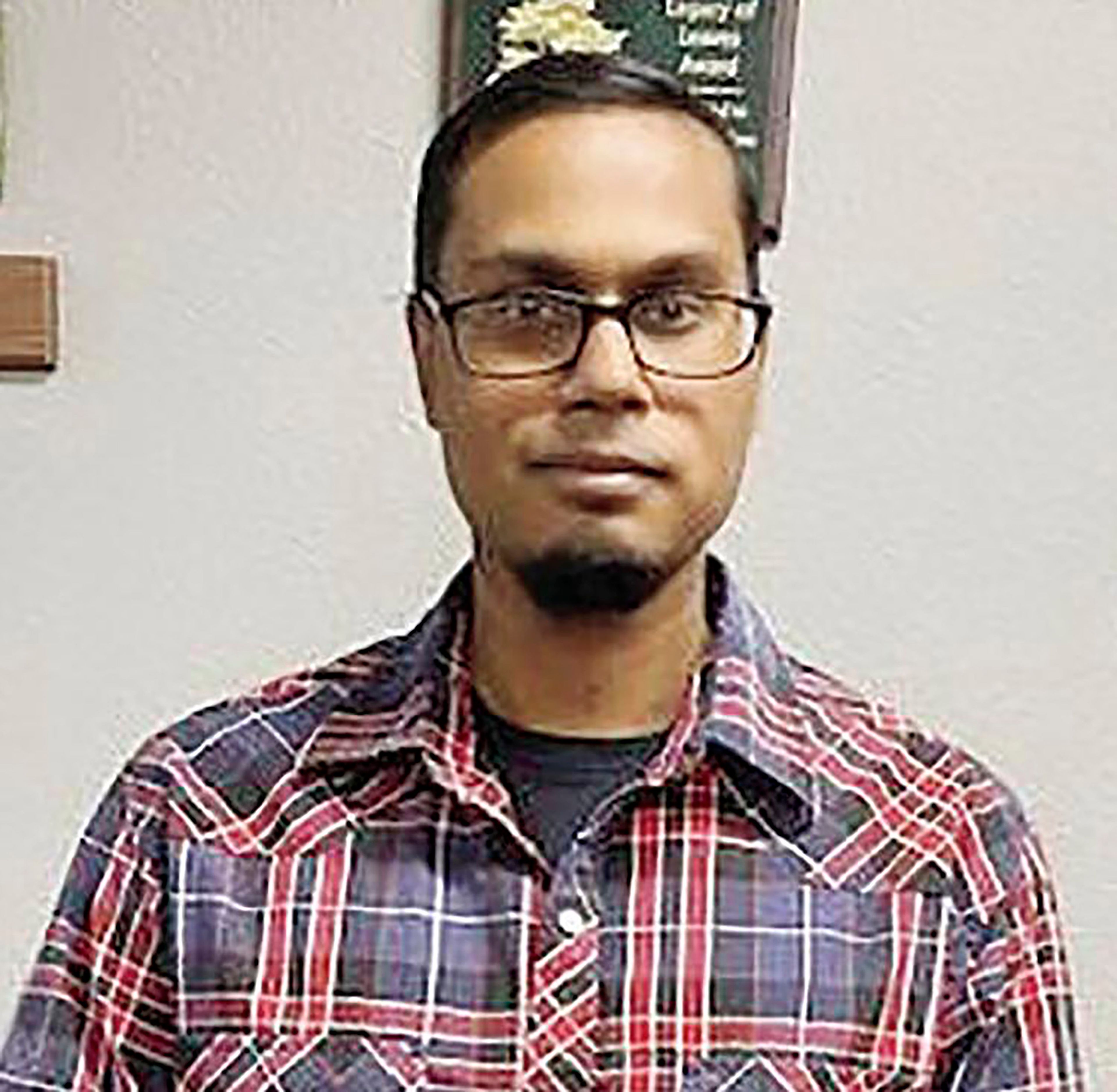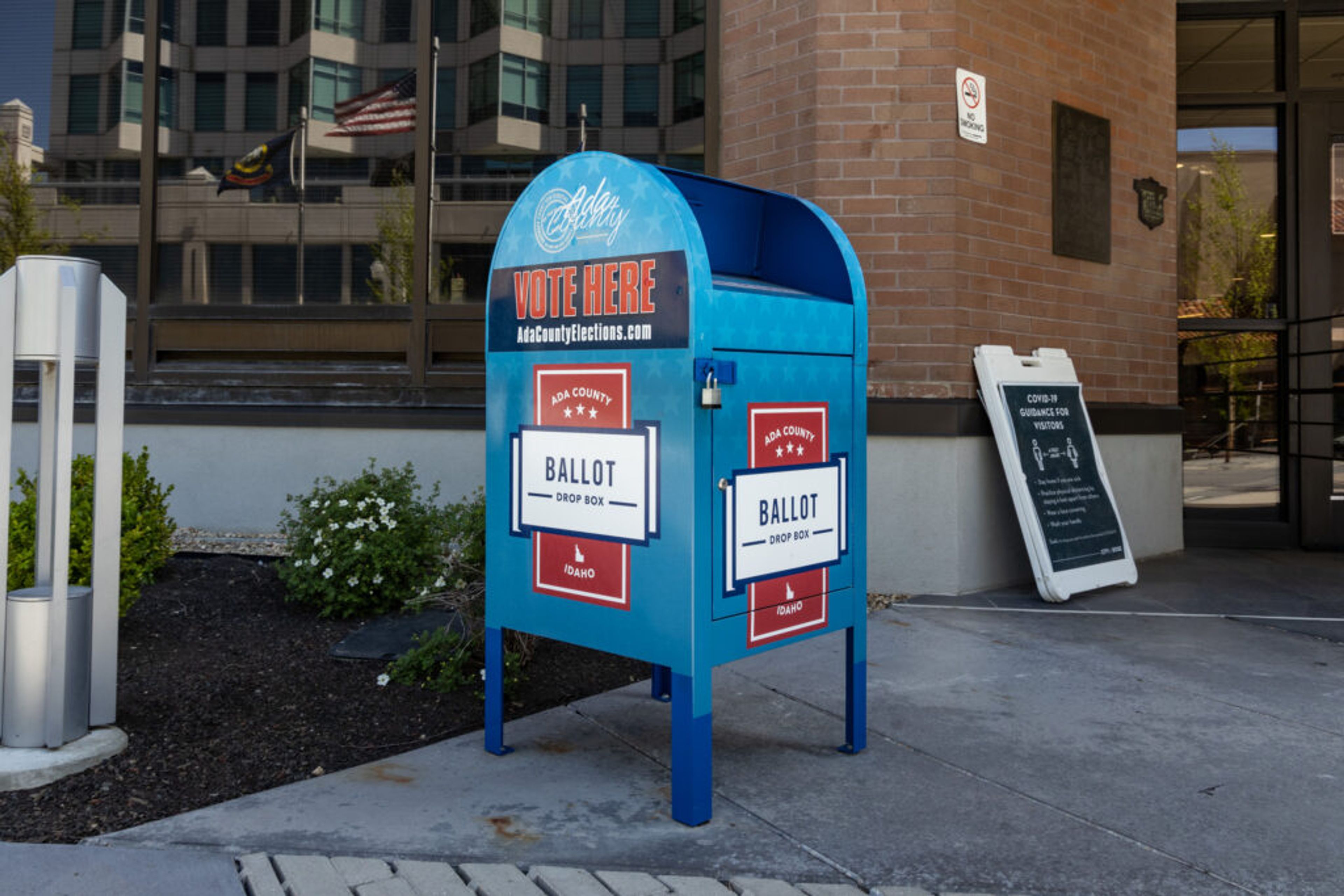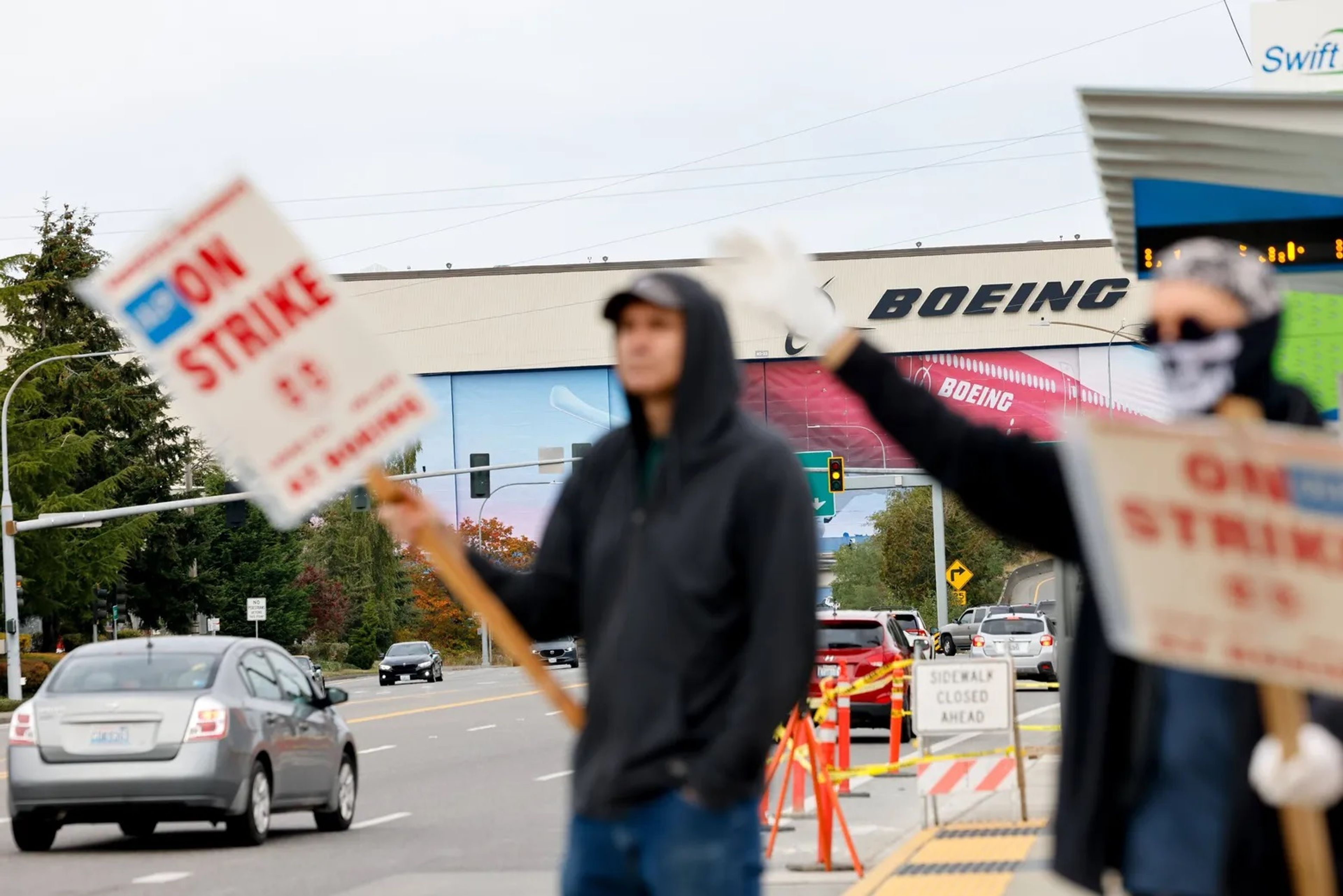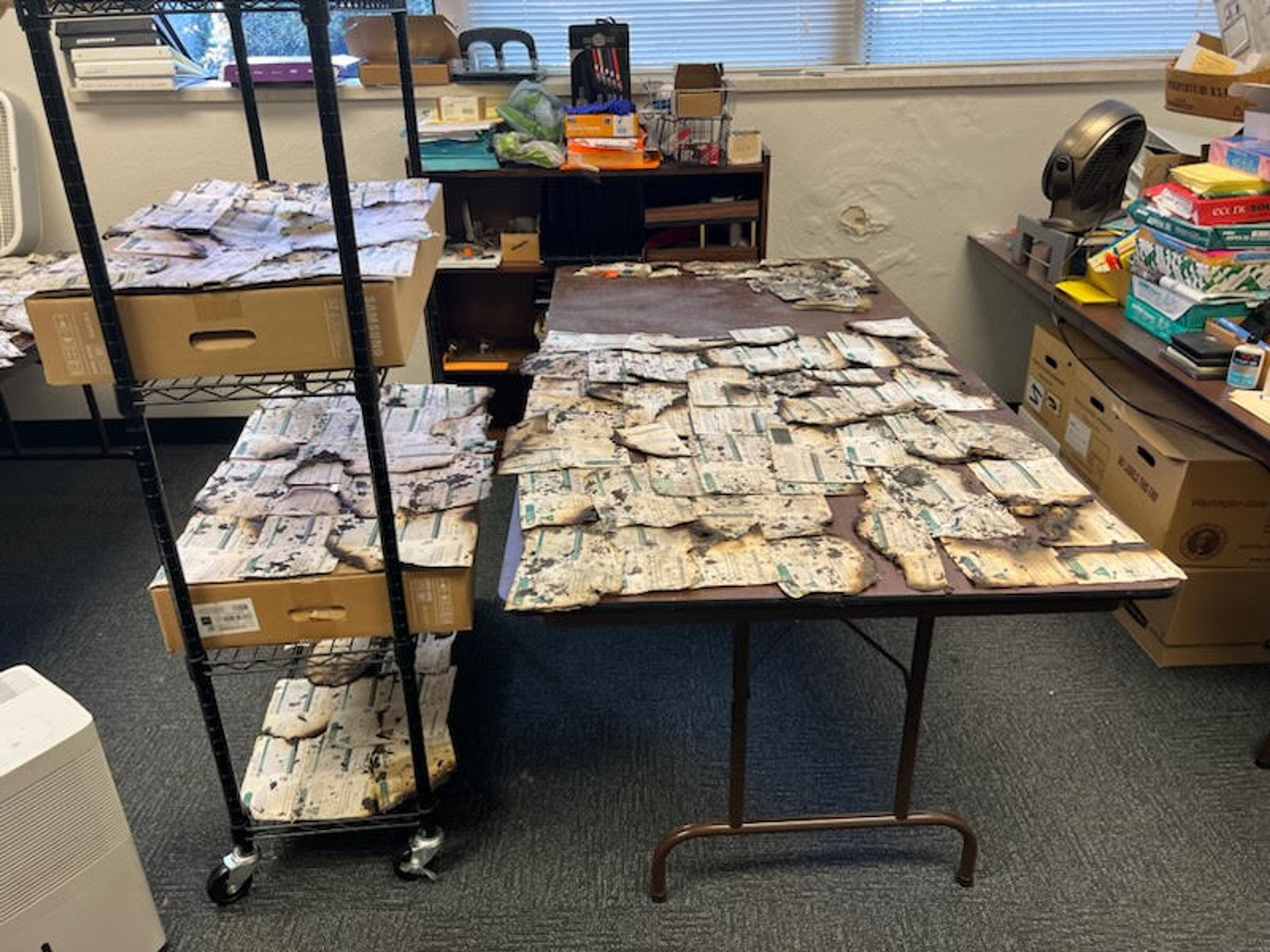Masajiro Kawato, World War II Japanese ace pilot, dead at 76
SEATTLE -- Masajiro "Mike" Kawato, a Japanese World War II fighter ace who shot down his U.S. archrival, Medal of Honor winner Gregory "Pappy" Boyington, and then became good friends with him, is dead at age 76.
Kawato, a Zero pilot who was shot down five times. wounded 17 times and credited with shooting down 19 Allied planes in his career with the Imperial Japanese Navy, died Dec. 17 of intestinal cancer. A memorial was held Thursday at Nichiren Buddhist Church.
His last residence was a cottage in Federal Way, a suburb between Seattle and Tacoma.
In 1976, he flew a single-engine Piper Comanche solo from Tokyo to Crescent City, Calif., as a tribute to U.S. and Japanese pilots who died in the war. A year later, he met Boyington, commander of the famed Black Sheep Squadron at a luncheon in Los Angeles.
Without uttering a word, the pilots hugged and received a standing ovation.
"The world has been at war for so long," said Kawato's friend, Sean Taeschner of Black Diamond, at the memorial gathering. "He was disgusted by violence. He wanted people to come together and be healed."
Boyington detailed his World War II exploits in the book "Baa Baa Black Sheep," later made into a television series of the same name.
In 1978, two years after moving to California, Kawato published his own account, "Bye Bye Black Sheep," which he hawked at air shows and gun shows. Kawato later moved to the Seattle area to be near a sister.
Kawato, the oldest of seven children, grew up in Tango-cho, north of Kyoto, and volunteered for fighter pilot school in 1941 at age 16.
On Jan. 3, 1944, flying near New Britain island, Kawato wrote, he saw four warplanes below him -- a Japanese Zero followed in succession by a U.S. F4U Corsair, another Zero and another Corsair.
The lead Zero was shot down by the first Corsair, which in turn was shot down by the second Zero. Kawato threw his Zero into a dive and pounced on the second Corsair, flown by Boyington, who bailed out over the ocean and was picked up by a Japanese submarine.
Kawato was shot down for the final time near the end of the war on a kamikaze run at a U.S. destroyer. He floated for three days in the ocean, then washed ashore on New Britain and hid in the jungle for months, drinking rainwater he collected in his socks, pilfering vegetables from the fields of farmers and sometimes eating insects and lizards to survive.
He returned home four months after Japan surrendered and a month after his family, believing he was dead, held a funeral service.
Kawato took to the air once again, first as a test pilot and later flying commercial airliners.
He was the father of three children, but friends at the memorial gathering said he kept in touch only sporadically with one.
